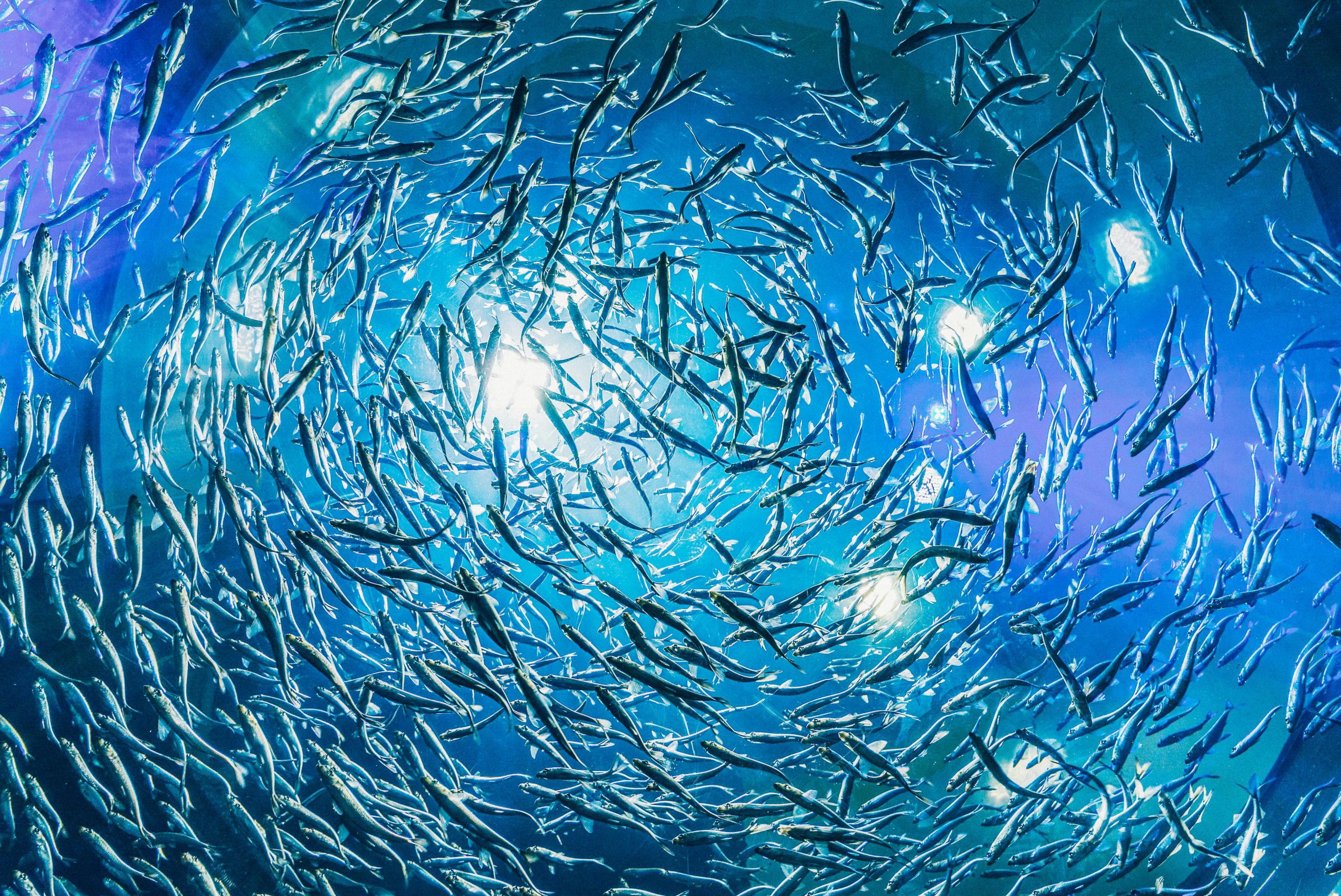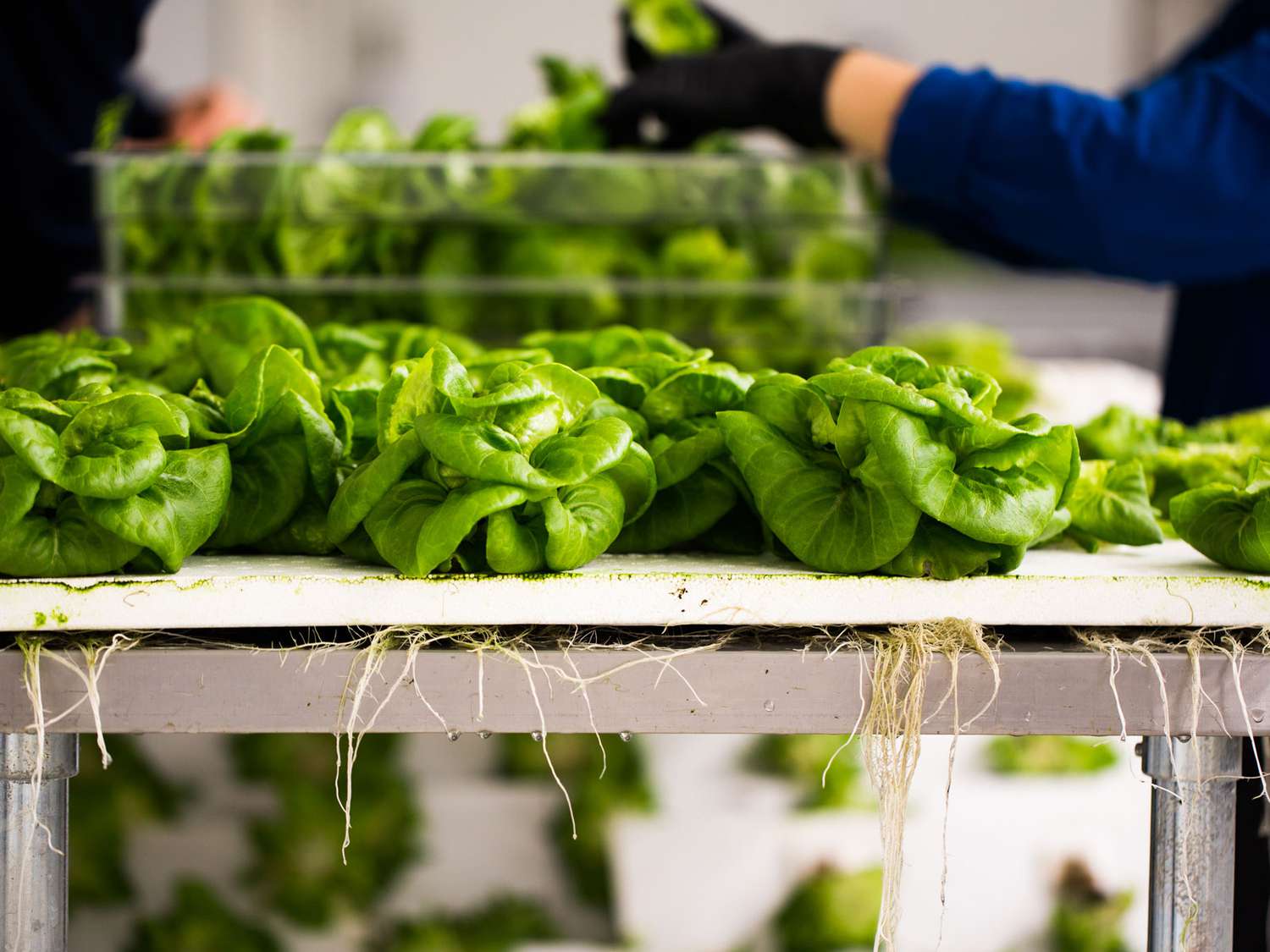In response to a looming dairy shortage, Indonesia has turned to its abundant marine resources as a high alternative protein source to create a sustainable and innovative solution: fish milk. This high-protein powdered milk substitute is not just an innovative way to address the nation’s milk deficit but also a breakthrough in nutritional science. As the country faces increasing milk demand, fish milk emerges as a promising alternative, offering both nutritional benefits and environmental advantages.
The Urgent Need for Alternative Proteins in Indonesia
The Growing Dairy Demand in Indonesia
Indonesia’s dairy market is undergoing a critical shift. With a rapidly growing population and a significant increase in milk consumption, the country has found itself grappling with a milk supply that cannot meet the demand. Projections suggest that by 2029, Indonesia’s demand for milk could exceed 8.5 million tons, making it clear that the current dairy supply system will not suffice.
This growing demand is further compounded by the Indonesian government’s ambitious plan to provide free school meals to children across the nation by January 2025. As part of this initiative, milk is a vital nutritional component. However, the gap between supply and demand has created an urgent need for sustainable alternatives to traditional cow’s milk.
Fish Milk as a Nutritional Innovation
In the face of this challenge, Indonesia has turned to its extensive marine resources for a potential solution: fish milk. This high-protein powdered milk substitute is made by utilizing fish, a resource that is abundant in Indonesia and can be harvested with a lower environmental footprint compared to livestock. Through an innovative chemical process known as hydrolysis, fish are transformed into a milk-like powder that, when reconstituted with water, mimics the taste and texture of traditional milk.

Fish milk not only serves as a viable alternative to cow’s milk but also addresses the increasing need for affordable, nutritious, and sustainable food sources. With protein levels comparable to traditional dairy, it has the potential to meet the nutritional needs of millions while promoting food security in the region.
A Step Towards Food Sustainability
Fish milk represents a significant breakthrough in food sustainability. Unlike cattle farming, which requires extensive land, water, and energy resources, fish farming has a smaller environmental footprint. Fish can be harvested in ways that put less strain on the ecosystem, making them a more sustainable alternative protein source in the long run. As concerns about the environmental impact of livestock farming grow, fish milk offers a more eco-friendly solution to the dairy shortage.
The Berikan Protein Initiative: Leading the Way in Fish Milk Development
Hydrolysis: The Process Behind Fish Milk
The Berikan Protein Initiative, an Indonesian NGO, has played a pivotal role in the development of fish milk. Using a chemical process called hydrolysis, the organization has successfully converted fish into a powdered milk substitute. This process involves deboning and drying the fish before combining it with sugar and flavorings like chocolate or strawberry. The resulting powder closely mimics the taste and texture of regular milk when reconstituted with water.
Hydrolysis breaks down the proteins in fish into smaller components, making them easier for the body to absorb and providing an efficient source of nutrition. The innovation lies in turning a common marine resource into a high-quality nutritional product that could be distributed widely across Indonesia, particularly in schools.
Nutritional Benefits of Fish Milk
Fish milk is a powerhouse of nutrients. It contains high levels of protein, essential amino acids, and omega-3 fatty acids, all of which are critical for human health. Omega-3s, in particular, are known for their benefits to brain function, cognitive health, and reducing inflammation in the body. For growing children and the general population, these nutrients play a crucial role in maintaining good health.
For those with lactose intolerance or dairy allergies, fish milk offers an ideal alternative. Since fish milk is naturally lactose-free, it provides an option for individuals who cannot consume traditional cow’s milk. As more people adopt dairy-free diets for health or ethical reasons, fish milk could be a valuable part of the nutritional landscape.
The Role of Berikan Protein in School Meal Programs
As part of its mission, the Berikan Protein Initiative aims to integrate fish milk into Indonesia’s school meal programs, which are designed to provide children with the nutrition they need to grow and thrive. By offering fish milk as an alternative to cow’s milk, the initiative helps address the shortage of dairy products and ensures that every child receives adequate protein and essential nutrients.
This innovative solution not only addresses the immediate dietary needs of children but also promotes long-term health and nutrition for the country’s future generations. As the government prepares to launch its free school meals initiative, fish milk may become a cornerstone of the nation’s efforts to ensure no child goes hungry or lacks the necessary nutrients for proper growth.

H2: Challenges and Controversies Surrounding Fish Milk
Environmental and Ethical Concerns
While fish milk offers a promising solution, it has not been without its critics. Some environmentalists argue that the fishing industry could face sustainability issues if the demand for fish increases dramatically due to the popularity of fish milk. Overfishing, depletion of marine resources, and the ecological impact of intensive fishing practices remain concerns.
Additionally, ethical questions surrounding fish sentience have been raised. Many critics point out that although fish may not experience pain in the same way as mammals, they still are living creatures, and their exploitation raises moral dilemmas. For vegans and animal rights advocates, the use of fish in food production is not an ideal solution.
The Need for Further Research
Critics also point to the need for more research on the long-term sustainability and health implications of fish milk. While the initial nutritional benefits appear promising, the effects of consuming fish-based products over time require further investigation. As with any emerging food technology, understanding the potential health risks, such as contaminants from fish and the impact on human health, will be critical.
Moreover, the extensive processing required to create fish milk may also raise questions about its overall nutritional integrity. The reliance on hydrolysis and flavorings could result in a product that is less wholesome than other dairy alternatives, such as plant-based milks.
The Future of Fish Milk
Despite these challenges, fish milk remains a potential game-changer for Indonesia and the world. As global food security concerns continue to grow, innovations like fish milk may play an essential role in ensuring that populations have access to sufficient and nutritious food sources. The Indonesian initiative serves as an important case study for other countries grappling with similar issues.
As Indonesia continues to develop and refine its fish milk program, the world will be watching closely to see how it addresses the balance between sustainability, ethics, and nutrition. With continued research and investment, fish milk could pave the way for future breakthroughs in food technology and contribute to solving the dairy shortage worldwide.
Conclusion: Fish Milk as a Bold Solution to a Complex Problem
Indonesia’s fish milk initiative stands as a bold response to the growing dairy shortage. This innovative solution is not only a testament to human creativity but also offers a glimpse into the future of sustainable food production. By harnessing its marine resources, Indonesia has the potential to revolutionize the way we think about milk alternatives, making it more affordable, accessible, and environmentally friendly.
While there are valid concerns about the environmental and ethical implications of fish milk, its potential benefits cannot be ignored. As the world faces increasing challenges related to food security and sustainability, fish milk could offer an important step toward solving these issues. Indonesia’s experiment may prove to be a valuable lesson for other nations and a catalyst for the future of food innovation.









